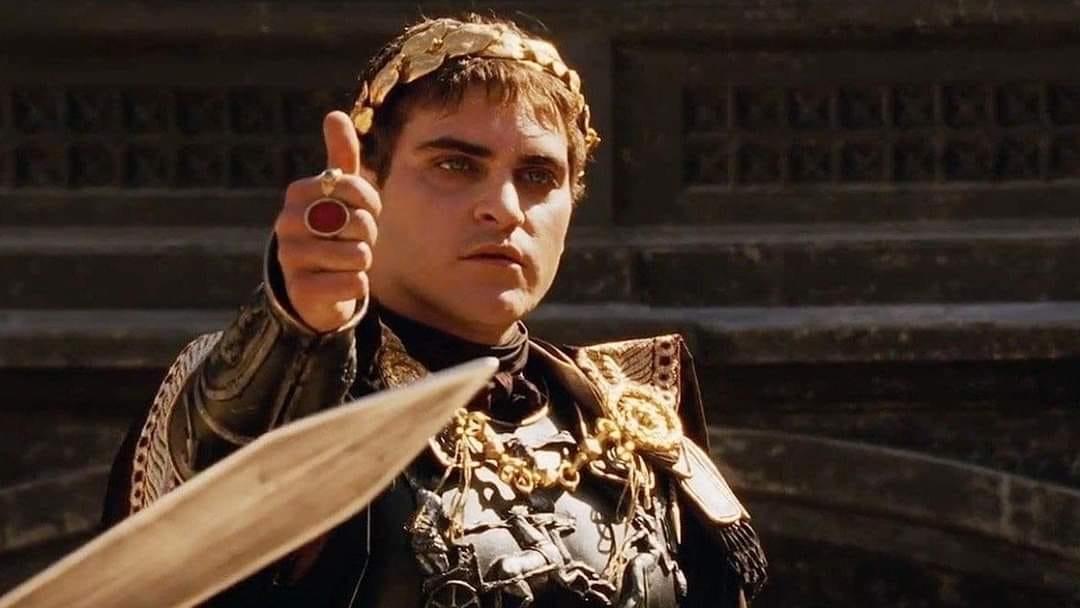“Gladiator” (2000), directed by Ridley Scott, is a monumental epic that transports viewers to ancient Rome,


Maximus, betrayed and condemned to death, narrowly escapes but finds his family brutally murdered on Commodus’ orders. Captured by slave traders, Maximus is sold to Proximo (Oliver Reed), a former gladiator who owns a gladiatorial school. Despite his initial reluctance, Maximus fights in the arena, driven by a desire for revenge and justice.
Maximus’ prowess and leadership earn him the admiration of his fellow gladiators and the adulation of the Roman public. He becomes a symbol of hope and defiance against Commodus’ tyrannical rule. His ultimate goal is to confront Commodus in the Colosseum, where he believes he can finally achieve his revenge and honor the memory of his family.

The film’s narrative is punctuated by breathtaking battle sequences and intimate moments of personal struggle. As Maximus fights his way through the arenas, he forms a bond with fellow gladiators like Juba (Djimon Hounsou) and gains the support of Senator Gracchus (Derek Jacobi) and Lucilla (Connie Nielsen), Commodus’ sister, who secretly opposes her brother’s reign.

The climax of the film unfolds in the grand Colosseum, where Maximus faces Commodus in a gripping and emotional final battle. Though wounded and weakened, Maximus’ determination and skill prove formidable. The fight culminates in a dramatic and poignant conclusion that underscores the themes of honor, sacrifice, and redemption.
Gladiator is renowned for its stunning cinematography, powerful performances, and Hans Zimmer’s evocative score. The film’s exploration of loyalty, power, and the human spirit resonates deeply, making it a timeless epic that captivates audiences and stands as a testament to the enduring allure of ancient Rome.











